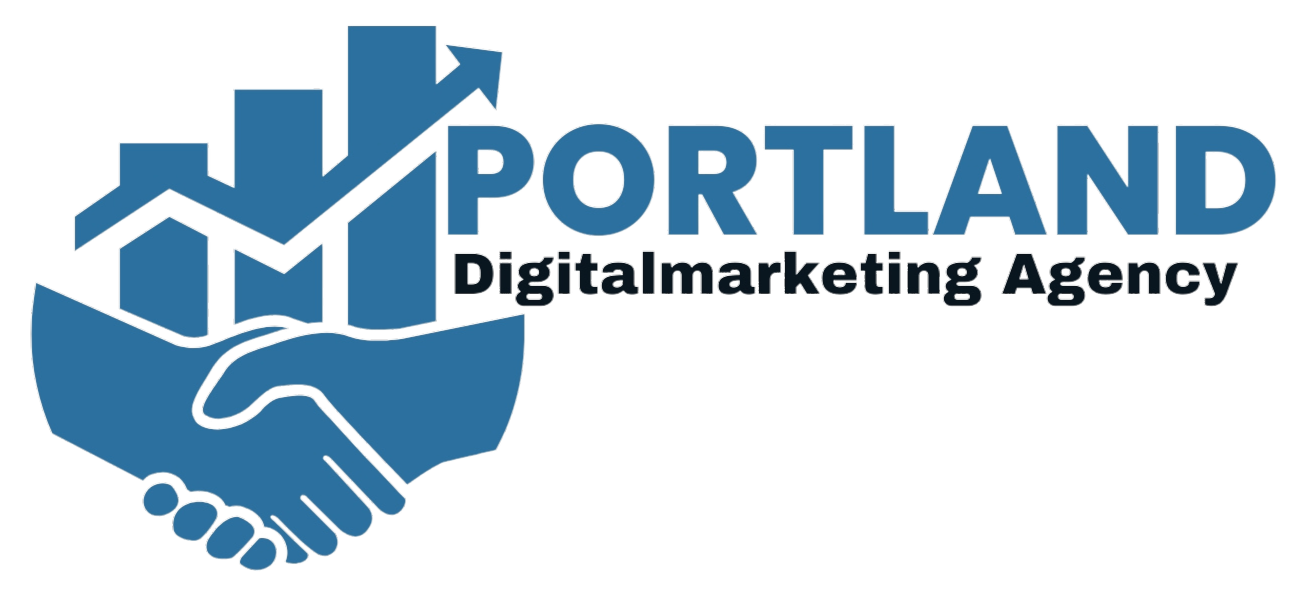Digital Marketing Agency Portland – In a city like Portland, where tech-savvy consumers and thriving businesses drive digital competition, ensuring your website ranks well on search engines is more important than ever. Whether you’re a local business or an established brand, a comprehensive SEO strategy is essential to stay ahead. One of the most powerful tools in that strategy is the SEO audit.
An SEO audit provides a deep, diagnostic look into your website’s health, performance, and ranking potential. At our Digital Marketing Agency in Portland, we consider SEO audits to be the cornerstone of sustainable online success. They highlight areas for improvement and uncover new opportunities to drive traffic and growth.

What Is an SEO Audit?
An SEO audit is a comprehensive evaluation of your website’s ability to perform well in search engines like Google and Bing. This process reviews technical elements, on-page SEO, content quality, user experience, mobile usability, backlink profile, and more.
Think of it as a health checkup for your website. Just as you’d consult a doctor to detect hidden issues, an SEO audit uncovers the underlying technical and strategic flaws that may be holding your site back from ranking higher.
Why Is an SEO Audit Important?
Conducting regular SEO audits offers several benefits:
- Improved Search Engine Rankings: Identifying and rectifying issues can lead to better visibility on search engine results pages (SERPs).
- Enhanced User Experience: A well-optimized site provides a smoother experience for visitors, encouraging longer visits and higher engagement.
- Increased Organic Traffic: Addressing SEO issues can result in more visitors finding your site through organic search.
- Competitive Advantage: Staying ahead of SEO trends and addressing issues promptly keeps you competitive in your industry.
Key Components of an SEO Audit
1. Technical SEO Analysis
Technical SEO ensures that search engines can crawl and index your website effectively. Key aspects include:
- Site Speed: Slow-loading pages can negatively impact rankings and user experience. Tools like Google PageSpeed Insights can help identify and fix speed issues.
- Mobile-Friendliness: With mobile-first indexing, ensuring your site is responsive is essential.
- Secure Sockets Layer (SSL): HTTPS is a ranking factor; ensure your site is secure.
- XML Sitemap: An updated sitemap helps search engines discover your pages more efficiently.
- Robots.txt File: This file guides search engines on which pages to crawl and index.
2. On-Page SEO Evaluation
On-page SEO refers to the elements on your website that you can control:
- Title Tags and Meta Descriptions: These should be unique, descriptive, and include target keywords.
- Header Tags (H1, H2, etc.): Proper use of header tags helps organize content and signals relevance to search engines.
- Content Quality: Content should be original, informative, and optimized for target keywords without keyword stuffing.
- Internal Linking: Linking to other relevant pages on your site helps distribute page authority and improves navigation.
3. Content Analysis
High-quality content is crucial for SEO success:
- Keyword Research: Identify relevant keywords with good search volume and low competition.
- Content Gaps: Find topics your competitors cover that you don’t and create content around them.
- Content Freshness: Regularly update existing content to keep it relevant.
4. Backlink Profile Assessment
Backlinks are a significant ranking factor:
- Quality Over Quantity: Focus on acquiring backlinks from reputable and relevant sites.
- Disavow Toxic Links: Identify and disavow harmful backlinks that could negatively impact your site’s authority.
- Competitor Backlink Analysis: Understand where competitors are getting their backlinks and look for opportunities to acquire similar ones.
5. User Experience (UX) Evaluation
A positive user experience can lead to better engagement and rankings:
- Navigation: Ensure your site is easy to navigate with a clear structure.
- Design: A clean, professional design builds trust and encourages visitors to stay longer.
- Call-to-Actions (CTAs): Strategically placed CTAs guide users toward desired actions.
How an SEO Audit Improves Site Ranking
An SEO audit identifies areas where your website can be optimized, leading to:
- Faster Load Times: Addressing speed issues can reduce bounce rates and improve rankings.
- Better Mobile Experience: A responsive design ensures users have a positive experience on all devices.
- Optimized Content: Well-researched and optimized content ranks better and attracts more visitors.
- Stronger Backlink Profile: Quality backlinks increase your site’s authority and visibility.
- Enhanced User Engagement: A user-friendly site encourages visitors to stay longer and interact more.
Steps to Conduct an SEO Audit
- Crawl Your Website: Use tools like Screaming Frog or Sitebulb to crawl your site and identify issues.
- Analyze Site Speed: Utilize Google PageSpeed Insights to assess and improve load times.
- Review On-Page SEO Elements: Check title tags, meta descriptions, and header tags for optimization.
- Evaluate Content Quality: Ensure content is relevant, well-written, and optimized for target keywords.
- Assess Backlink Profile: Use tools like Ahrefs or Moz to analyze your backlinks.
- Check Mobile-Friendliness: Test your site on various devices to ensure responsiveness.
- Conduct UX Evaluation: Navigate your site as a user to identify potential issues.
Tools for SEO Audits
Several tools can assist in conducting a thorough SEO audit:
- Google Search Console: Provides insights into your site’s performance and indexing status.
- Google Analytics: Offers data on user behavior and site traffic.
- Screaming Frog: Crawls your website to identify technical issues.
- Ahrefs: Analyzes backlinks and competitor performance.
- Moz: Provides SEO insights and recommendations.
Final Thoughts
If your website isn’t generating the traffic or leads you expect, the issue might not be your product or service—it might be your SEO health. A professional SEO audit reveals what’s holding your site back and provides the tools to push forward.
At our Digital Marketing Agency in Portland, we believe that great marketing starts with a healthy website. If you’re ready to elevate your rankings, attract more local customers, and grow your business, start with an audit.
